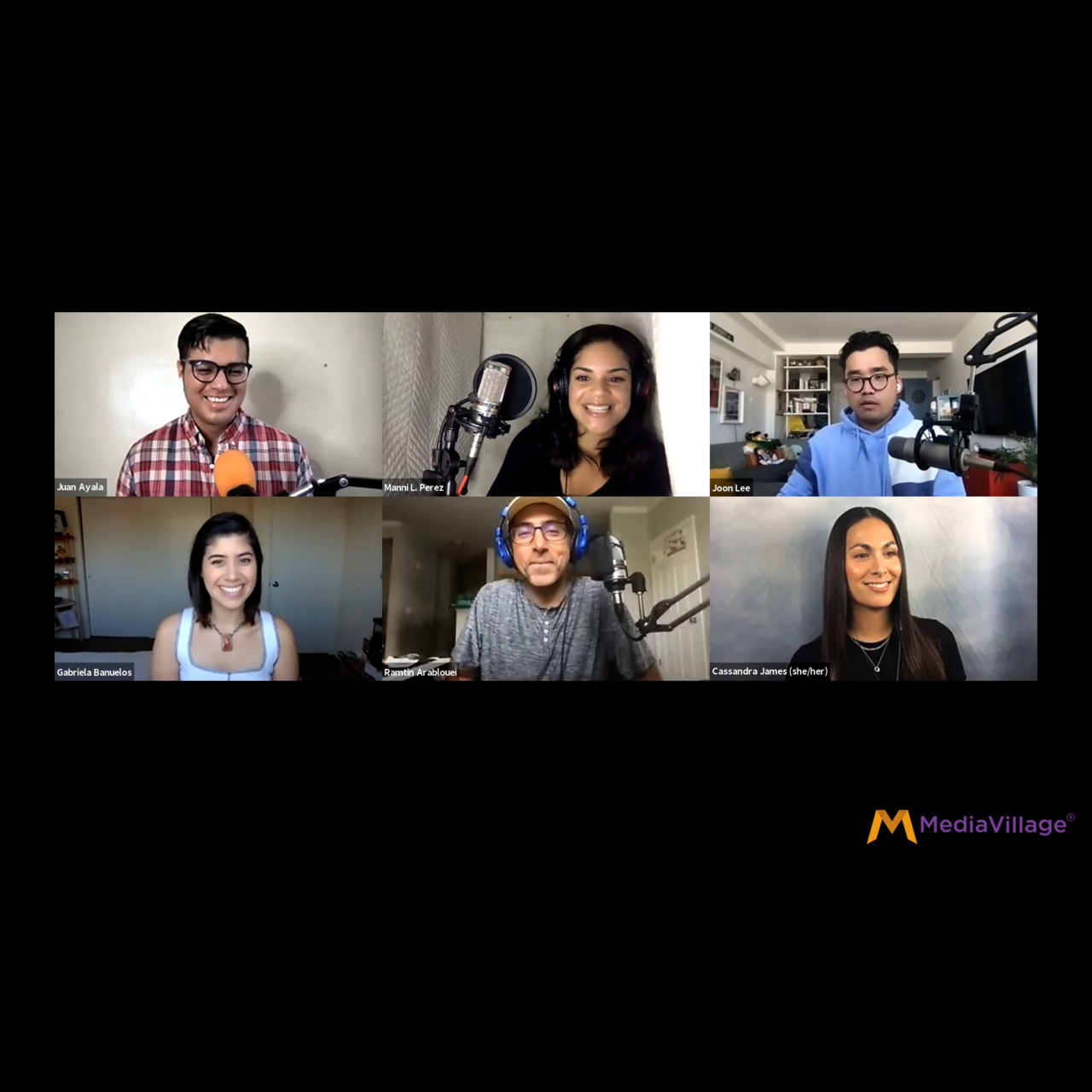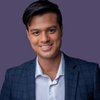Does Media Drive Culture or Does Culture Drive Media? (VIDEO)

"What does 'culture' mean to you?" Multicultural TV podcast host and columnist Juan Ayala opened the Advancing Diversity Week panel "Does Media Drive Culture or Does Culture Drive Media?" with this question, eliciting a tutorial on the nuances of deeply engrained feelings and experiences that inform diversity and inclusion conversations. (You can watch the panel in its entirety in the video above.)
"I think about culture in terms of our collective consciousness," replied Cassandra James, who is currently making history as the first transgender actor to play a transgender role (Dr. Terry Randolph) on a daytime soap opera (ABC's General Hospital). "I think that we are all connected and there's only one race, the human race, but we're not always capable of navigating the magnitude of that all the time. Culture sort of oscillates from these giant waves of collective consciousness to small family units. It really lives in storytelling; the kinds of stories that we tell just by being in the world and the way that we interact with each other."
"Culture is a big mix of everything: The good, the bad and the ugly," said actress Manni L. Perez, the recipient of an Imagen Award for her guest-starring role in NBC's Law & Order SVU. "I'm Caribbean, which is big mix of things in the pot, from indigenous to African and European, things that go further back beyond me. I feel very blessed to be able to share the story of my family and my ancestors, my people, so they can get a better idea of who I am and who we are as a collective."
"It's definitely a chicken or egg situation and incredibly fluid on a day-to-day basis," said ESPN staff writer Joon Lee, who was nominated for the 2021 Dan Jenkins Medal for Excellence in Sportswriting. "What we see represented in the media, whether it's traditional media or on social media, is a direct reflection of the change that we demand." Lee went on to share that he was discouraged from pursuing a career in sports media because of his race, as there wasn't a lot of Asian representation in that arena. "I made it my personal mission to be the change I wanted to see within sports media," he declared.
"Because of the internet and the way we communicate with one another, I think we're seeing it lead more toward culture driving media," commented Ramtin Arablouei, host of NPR's Throughline and a Pulitzer Prize finalist in Audio Reporting. "You can define culture as the water we swim in. If you ask a fish, 'How's the water today?' it won't know. When you're living in a culture, you don't know the difference until you step out of it. These days, because of the demand and the push from people who are consuming media, we're seeing media adjust to those demands in a way that gives me optimism for the future."
"I think saying that the media drives culture is giving media way more power than it deserves," James added. "At the end of the day, we created media. Media is a fabrication of our society, of our technology, of our relationship to technology and media itself. We created a monster and it got away from us, so now it's not always reflecting culture accurately and that's the shift that we're pushing for and demanding. Ultimately, media is something we made, a tool that we invented, and I think that shifting that perspective helps to disempower media and helps to empower ourselves in our own storytelling."
The discussion turned to representation in each of the panelists' respective industries, whether that of acting or journalism. Gabriela Bañuelos, actress and host for Univision Creator Network expressed a universal sentiment: "I want to see a day where we don't even have to think about diversity or inclusion. That it just is. When we get to the point where it's not an issue. Where we can all just accept each other, just as we are, [and] we don't have to think about it."
"I look forward to relaxing a little bit," James agreed. "It's very obvious to me that people still have no idea who trans people are, that people have no idea what it means to be Asian in this country, to be Asian American. I feel a great sense of responsibility in my work but I look forward to a time, as things shift and change, when I can relax into my authenticity instead of being hyper-aware of every part of who I am so I represent everyone all at once. I look forward to a time when there's less pressure on us."
Bañuelos similarly shared her hopes for less pressure on actors from minority groups to represent their entire community in a single project, a pressure she feels is not bestowed onto non-BIPOC actors. "There's a lot of pressure once you get that role, a standard set from everyone in my community to look at me and say, 'Wow, that girl did it, she did it!' It's about time that we get brought into movies and television and media and spotlight that we can be anything," she exclaimed. "We can be from different cultures and ethnicities and not be boxed in."
Arablouei shared similar sentiments of wanting the permission to write on topics beyond what correlates to his culture and identity. "You're often pigeon-holed into doing stories that are only about your community and your own background," he explained. "For years, white men were able to tell whatever stories they wanted, and I think real progress will be when people of different backgrounds can do stories on anything, too, and aren't just limited by where they came from and how they look."
"Journalism is predominantly a power structure favored toward a lot of white, upper-class people," Lee asserted. "There's a definite blind spot in terms of how to cover these stories in a way that feels authentic. I think that's especially true during the rise of Stop Asian Hate. A lot of media outlets were unprepared to cover those issues with nuance. It's a wider systemic issue in terms of just trying to figure out the best way to cover those stories and making sure people are educated enough to talk about minority issues and communities."
James wrapped up the panel by sharing, "Joon used one of my favorite words, 'nuance.' We're all craving that, and I want to share to all those listening and watching today, approach your work with empathy. I think we're really suffering as a society due to a lack of empathy. There's such a centering of self and ego that has done a lot of harm and continues to put harm into the world. We all need to practice empathy and lead with love because that's the only way we're going to come back together and invite people to join us on this journey."
Click the social buttons to share this content with your friends and colleagues.
The opinions and points of view expressed in this content are exclusively the views of the author and/or subject(s) and do not necessarily represent the views of MediaVillage.com/MyersBizNet, Inc. management or associated writers.


